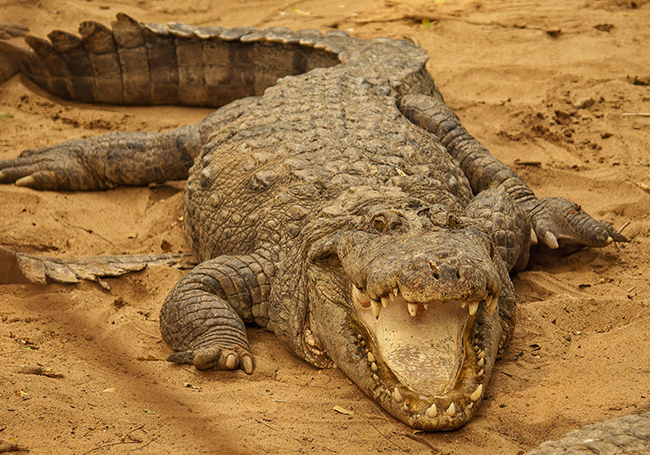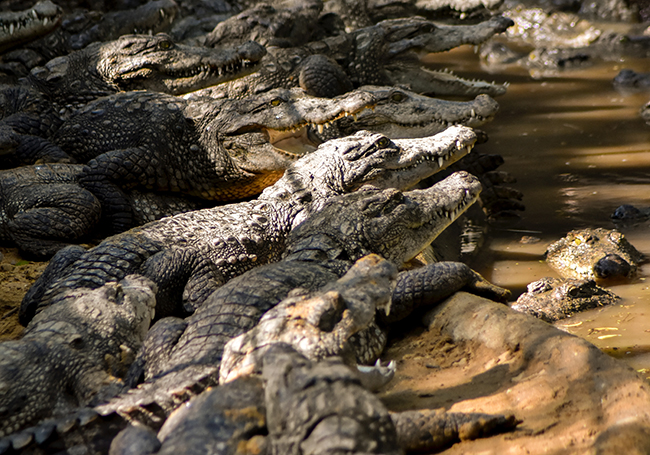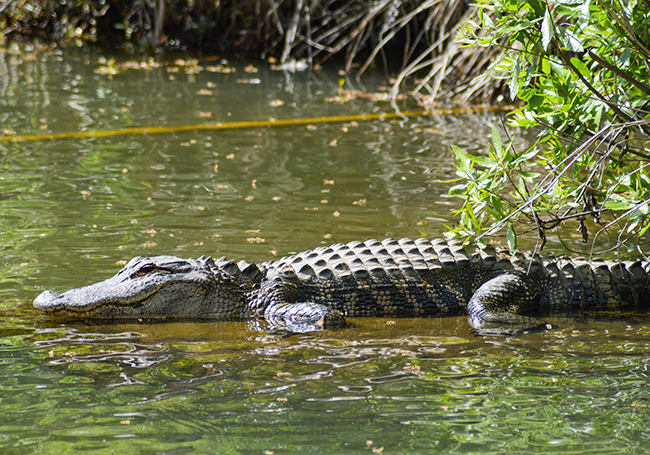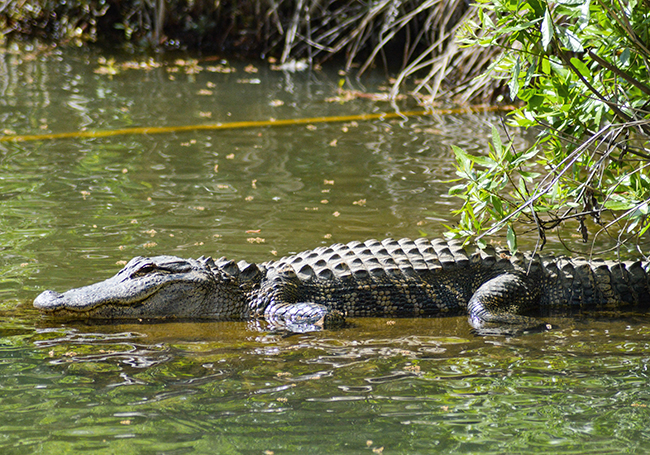
The Consumers Association of Penang (CAP) has expressed sadness at the recent loss of human lives due to crocodile attacks.
The recent portrayal of crocodiles as rogue predators preying on humans is saddening. The media should not entirely blame the crocodiles for their instincts to hunt prey as apex predators.
According to wildlife biologists and conservationists, isolated but publicised crocodile attacks lead to calls for large-scale crocodile slaughter. These calls cause concern for crocodiles at risk of vigilante vendettas.
In the past, fear inspired near-obsessive hunting of sharks, resulting in a study reporting only 64 cases of unprovoked shark attacks with five deaths worldwide in 2019. In contrast, there were 164 cases of crocodile attacks from 2000 to 2020, an average of 8 cases yearly.

The film Jaws is one example of how fear-inspired hunting can lead to the near-obsessive hunting of sharks. Parties seeking to profit from crocodile hides are likely to play up the issue of human-crocodile conflict to justify the expansion of their trade. However, this only serves to incentivise poaching.
Concerns for human safety do not necessitate the extermination or confinement of crocodiles to remote areas or crocodile farms. In December 2022, 26 crocodiles were shot due to human concerns about crocodile-human conflicts, according to the Sabah Wildlife Director.
While crocodile killings may be justified in cases where it is clear that a particular crocodile has killed a human or livestock, unregulated culling for temporary mitigation of human fears has become the norm due to the absence of concrete guidelines.

Human behaviours need to be addressed in cases of human-wildlife conflict. Conflicts with crocodiles occur mainly because crocodiles and humans compete for the same food source. With human population growth, these vital food sources have diminished. The clearance of riparian habitats for agricultural development has resulted in the loss of crocodile prey species.
Coexistence can be achieved through policies that change human behaviour. Education to prevent encounters, egg removal to control crocodile numbers, and monitoring crocodiles are ways of achieving coexistence. Ecosystems can be protected with more responsible development plans, and a distance between humans and vital crocodile habitats is maintained.
Short-term measures, such as warning signs, should be posted to keep people away from crocodiles. Community education, fliers, and school programmes can inform local riverside communities. Education and a resultant change in human behaviour can help future generations marvel at our local crocodiles, considered living fossils.











